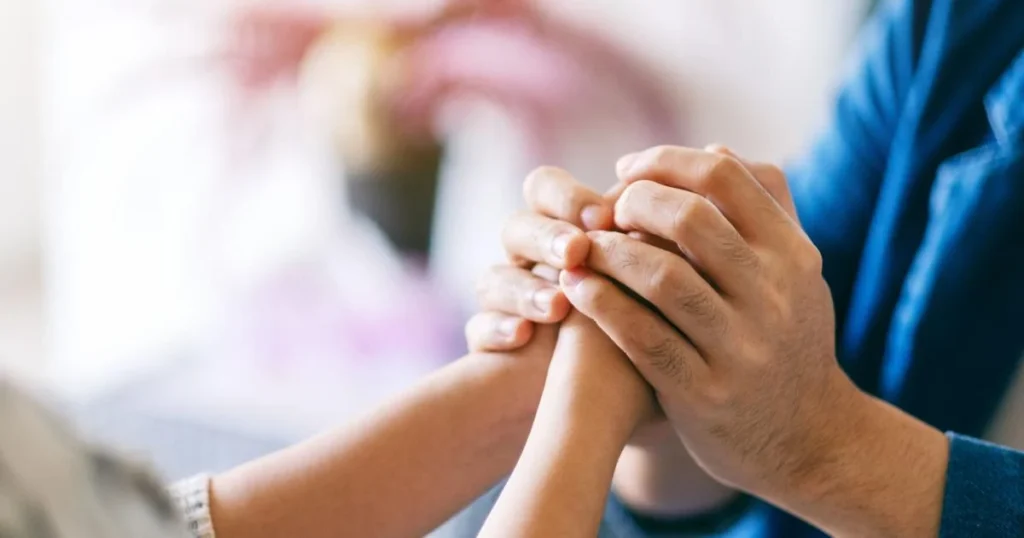Domestic violence is a pervasive issue that affects individuals across various demographics, leaving victims in desperate need of support and understanding. The courage it takes for someone to reach out for help cannot be overstated, and as friends or family members, our response can significantly impact their journey towards safety and healing. This article delves into effective ways to support those experiencing domestic violence, highlighting practical steps and empathetic approaches to ensure your loved one feels seen, heard, and valued.
Understanding the Signs
Recognizing the signs of domestic violence is the first crucial step in providing support. While physical injuries may be more apparent, emotional and psychological abuse often goes unnoticed. Look out for sudden changes in behavior, such as increased anxiety, depression, or withdrawal from social activities. Pay attention to any mention of control or fear concerning their partner, as these can be red flags indicating abuse. By being observant and sensitive to these signs, you can offer timely and effective support.
It’s essential to approach the topic with care and without judgment. Victims of domestic violence may feel ashamed or guilty, believing they are at fault for their situation. By creating a safe, non-judgmental space, you encourage them to open up about their experiences. Active listening, validating their feelings, and expressing concern for their safety can go a long way in making them feel supported and understood.
Offering Practical Help
Practical assistance is vital when supporting someone in an abusive relationship. Help them create a safety plan, which includes identifying safe places they can go, important documents to take, and emergency contacts. Offering to accompany them to legal or medical appointments can also provide much-needed moral support and ensure they receive the necessary help.
Another significant aspect of practical help is financial support. Abusers often control their victims’ finances, making it challenging for them to leave. If you’re able, offer financial assistance or help them access resources such as shelters, legal aid, or counseling services. Your support can provide the means for them to start a new life free from abuse.
Emotional Support and Encouragement
Emotional support is just as crucial as practical help. Let your loved one know that you believe them and that they are not alone. Encourage them to seek professional counseling, as talking to a trained therapist can help them process their trauma and begin healing. Additionally, support groups can offer a sense of community and understanding from others who have gone through similar experiences.
It’s important to be patient and understanding, as the process of leaving an abusive relationship can be complex and fraught with emotional turmoil. Reaffirm your support and remind them that you are there for them regardless of their decisions. Providing consistent, unwavering support can empower them to take the necessary steps towards safety and recovery.

Educating Yourself and Others
Educating yourself about domestic violence and the resources available can enhance your ability to support your loved one effectively. Understand the dynamics of abuse, the challenges victims face, and the legal protections in place. By becoming informed, you can offer more comprehensive support and guide them towards the right resources.
Moreover, spreading awareness about domestic violence within your community can help break the stigma and encourage others to offer support. Share information about recognizing abuse, providing support, and the importance of standing against violence. By fostering a culture of awareness and empathy, we can collectively contribute to a safer environment for all.
Conclusion
Supporting a friend or family member experiencing domestic violence requires a compassionate and multifaceted approach. By understanding the signs, offering practical and emotional support, and educating ourselves and others, we can play a crucial role in their journey towards safety and healing. Our actions and words can make a significant difference, providing the strength and encouragement they need to break free from abuse and reclaim their lives.


